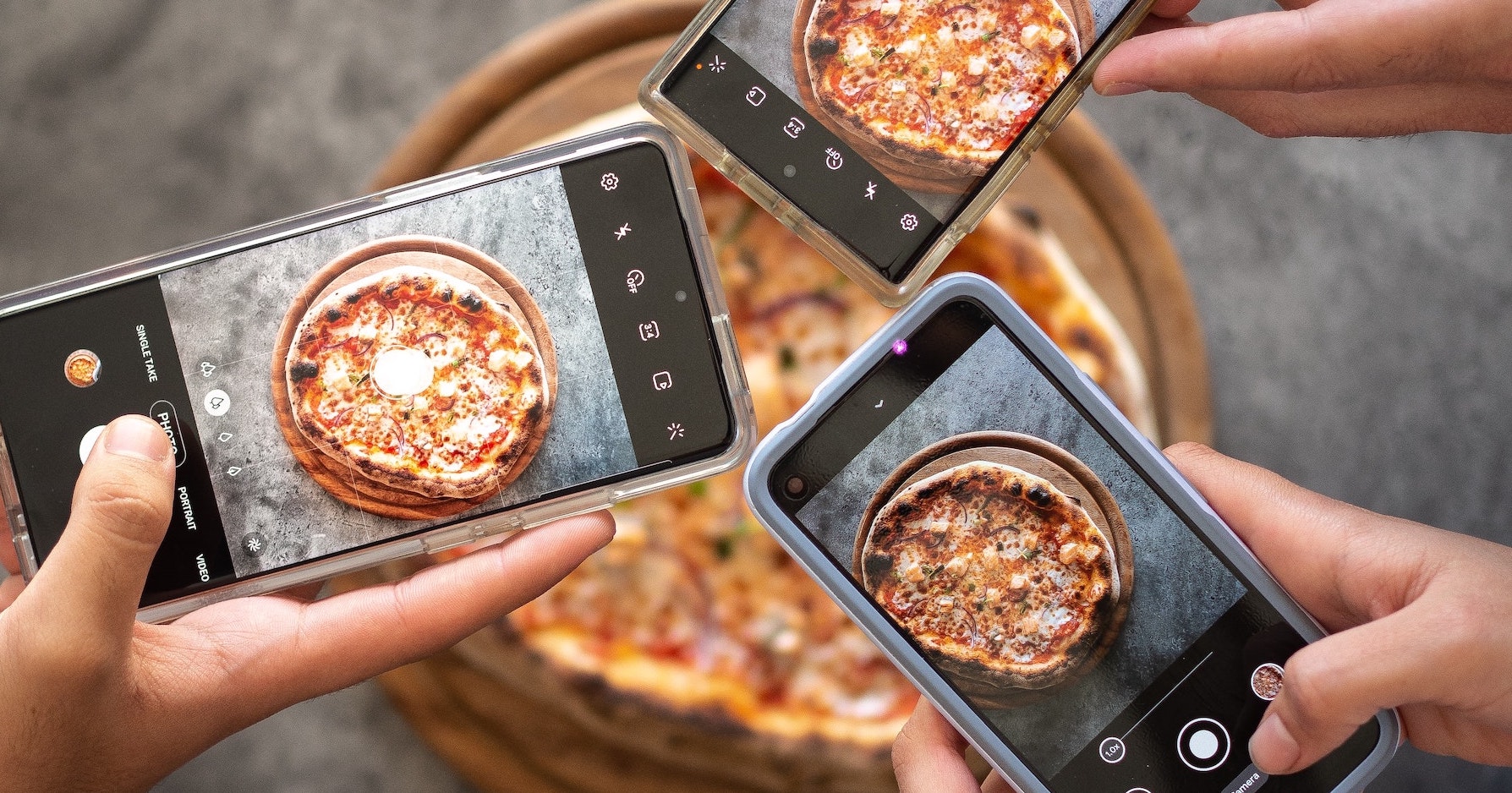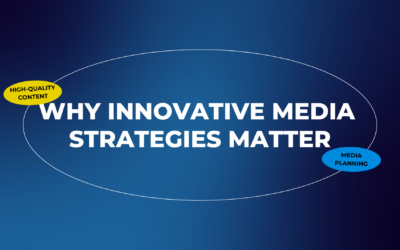Gen-Z requires a different marketing approach to reach them, gain their trust and ultimately establish brand loyalty.
This generation heavily values the importance of individual expression as well as organizations’ eagerness to take a stand on social justice issues. Nowadays, individuals who are willing to be loyal do not want brands to remain neutral in controversial topics. Although companies may fear offending part of their audience, there is a greater positive outcome from those who support the cause compared to the percentage that disagrees.
Gen-Z is the first generation to consume almost all their news and information from social media platforms.
According to Morning Consult, essentially half of the Gen-Z adults get the vast majority of their news from social media, compared to only 17% of older adults. In addition, only about 12% get most of their news from television. Like it or not, users take what they see on these platforms to be true. This hints at why maintaining your social voice and platforms are crucial to creating a positive brand affirmation.
With increased social media usage and the continuous amount of content readily available, users’ attention spans have shortened dramatically. Gen-Z attention spans are estimated at eight seconds compared to Millennials at twelve seconds. This makes it harder than ever for marketers to spark an interest that leads to a conversion.
Navigating the ever-changing social landscape can be a challenge for those who have not grown up living and breathing it. Each platform has an essentially unstated, but recognized, function and culture. Twitter is used for news. Instagram shows users’ aspirational lives. Snapchat helps to keep up with friends. TikTok is for visual storytelling. Facebook for information and LinkedIn for personal and business networking. Since each of these have slightly different purposes, your brand’s marketing strategies should be altered to best fit the platform and the audience.
Gen-Z wants to see themselves in the marketing they are exposed to, relatability and authenticity are of the utmost importance to them.
In addition, they also want your products and services to provide immediate value. If you try to sell something for the sole purpose of just making a sale, you will not gain their trust.
One approach to targeting Gen-Z is to use storytelling and influencer marketing to explain to your customers how your product or service can benefit them. Strong loyalty to a brand, for the majority of Gen-Z, increases dramatically as they age, so there is only a short window of opportunity to build strong connections with them and get them on board for life (Source: National Retail Federations and IBM Institute for Business Value). Gen-Z is estimated to account for 40% of all consumers, with $44 billion in buying power (Source: Fast Company and Inc.com), so now is the time to begin developing a marketing strategy to create and nurture relationships with Gen-Z.




